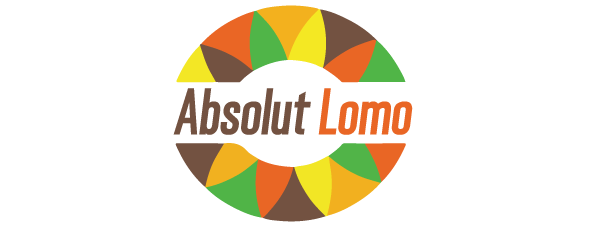The shift to remote work has revolutionized the traditional work landscape, introducing new challenges and opportunities. As professionals navigate the intricacies of virtual collaboration, they are increasingly relying on virtual assistants to manage household tasks seamlessly. This technological integration not only streamlines daily responsibilities but also enhances overall productivity and work-life balance. Virtual assistants, powered by artificial intelligence, have become indispensable tools in the quest for efficiency. These digital aides can tackle a myriad of household tasks, from setting reminders for grocery shopping to managing household budgets. With voice-activated commands or simple app interactions, professionals can effortlessly coordinate their personal lives while focusing on work responsibilities. This convergence of work and home life within the digital realm has redefined the concept of multitasking, allowing individuals to transition seamlessly between professional and domestic obligations. One key aspect of managing household tasks through virtual assistance is the optimization of time and resources.
Automated routines and smart home devices enable users to control appliances, lights, and thermostats remotely. This not only promotes energy efficiency but also provides the convenience of returning to a comfortable home environment after a day of remote work. Virtual assistants can even assist in meal planning and preparation, offering recipe suggestions based on available ingredients or dietary preferences. As a result, individuals can maintain a healthy lifestyle without sacrificing time and energy on extensive planning. Furthermore, the integration of virtual assistants in household management contributes to stress reduction and improved mental well-being 僱傭中心. The ability to delegate routine tasks to technology frees up mental space for professionals to focus on their work with undivided attention. This can lead to increased job satisfaction and reduced burnout, as the boundaries between personal and professional life are clearly defined and managed efficiently. As virtual assistants take on the role of personal organizers, individuals can approach their work with a clearer mind, enhancing overall performance and creativity.
The adaptability of virtual assistants extends beyond the individual level, impacting the dynamics of remote teamwork. Collaborative tools integrated with virtual assistants facilitate seamless communication and project management. Scheduling meetings, sharing documents, and coordinating team activities become more streamlined, creating a cohesive virtual workspace. The interconnectedness of virtual assistance not only supports individual productivity but also enhances team efficiency in the remote work setting. However, it is essential to acknowledge potential challenges and privacy concerns associated with the integration of virtual assistants into daily life. Striking a balance between convenience and data security is crucial, as individuals entrust these digital tools with sensitive information. As technology continues to evolve, addressing these concerns will be paramount to ensuring a harmonious relationship between virtual assistance and personal privacy. This digital integration not only optimizes time and resources but also contributes to improved mental well-being and enhanced teamwork. As individuals continue to adapt to the ever-changing landscape of remote work, virtual assistants emerge as invaluable allies in maintaining a harmonious balance between professional and personal responsibilities.
